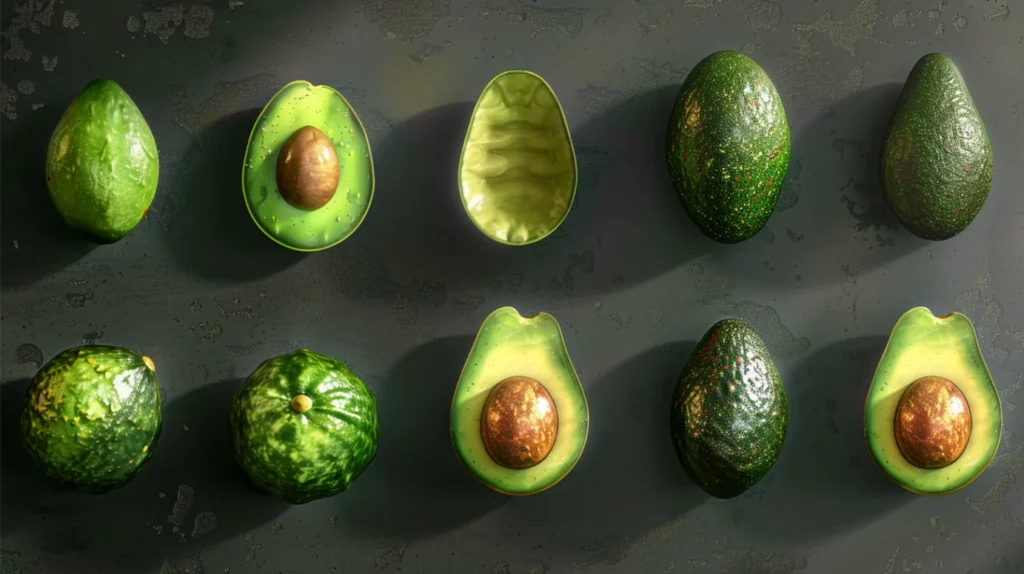When it comes to categorizing foods, there’s often a debate about whether certain items are fruits or vegetables. One food that frequently sparks this discussion is the beloved avocado. Is it a fruit or a vegetable? In this blog post, we’ll dive into the fascinating world of avocados and settle this age-old question once and for all.
What Makes a Fruit a Fruit?
Before we can determine whether an avocado is a fruit or a vegetable, let’s first understand what defines a fruit. Botanically speaking, a fruit is the part of a plant that develops from the ovary of a flower and contains seeds. Fruits are typically formed from the fertilized ovaries of flowers and serve the purpose of protecting and dispersing the seeds.
Some common characteristics of fruits include:
- Developed from the ovary of a flower
- Contains seeds
- Often sweet or tart in taste
- Typically consumed raw
What Makes a Vegetable a Vegetable?

On the other hand, vegetables are defined as the edible parts of a plant, such as the leaves, stems, roots, or flowers. Vegetables are usually savory rather than sweet and are often cooked before consumption. They are primarily used for their nutritional value and culinary purposes.
Examples of vegetables include:
- Leafy greens (spinach, lettuce, kale)
- Roots (carrots, beets, potatoes)
- Stems (celery, asparagus)
- Flowers (broccoli, cauliflower)
The Botanical Classification of Avocados
Now, let’s take a closer look at avocados. Botanically, avocados are classified as berries. Yes, you read that right – berries! Avocados grow from a single ovary and contain a single seed, which aligns with the botanical definition of a berry. The avocado fruit develops from the ovary of the avocado flower after pollination occurs.
Culinary Classification of Avocados
While avocados are botanically classified as fruits, they are often used and considered as vegetables in culinary applications. Avocados have a mild, buttery flavor and a creamy texture that lends itself well to savory dishes. They are commonly used in salads, sandwiches, dips (like guacamole), and even smoothies for added creaminess.
The culinary versatility of avocados has contributed to their popularity in various cuisines around the world. They can be mashed, sliced, diced, or even grilled, making them a favorite ingredient among chefs and home cooks alike.
Nutritional Benefits of Avocados

Regardless of whether you consider avocados fruits or vegetables, there’s no denying their impressive nutritional profile. Avocados are packed with essential nutrients and offer numerous health benefits. Here are some key nutritional highlights of avocados:
- Rich in healthy monounsaturated fats
- Excellent source of fiber
- High in potassium (even more than bananas!)
- Contains vitamins K, C, E, and B6
- Provides folate, magnesium, and pantothenic acid
The monounsaturated fats found in avocados have been linked to improved heart health, better blood sugar control, and reduced inflammation in the body. The fiber content of avocados promotes digestive health and helps keep you feeling full and satisfied.
Conclusion
In conclusion, avocados are botanically classified as fruits, specifically berries, due to their development from the ovary of a flower and the presence of a single seed. However, in culinary terms, avocados are often used and considered as vegetables because of their savory flavor and versatile applications in cooking.
Whether you enjoy them in sweet or savory dishes, there’s no denying the delicious taste and impressive nutritional benefits of avocados. So, the next time someone asks you whether avocados are fruits or vegetables, you can confidently say they are fruits botanically, but their culinary use often aligns with that of vegetables.
Embrace the unique nature of avocados and enjoy them in all their creamy, nutritious glory!

